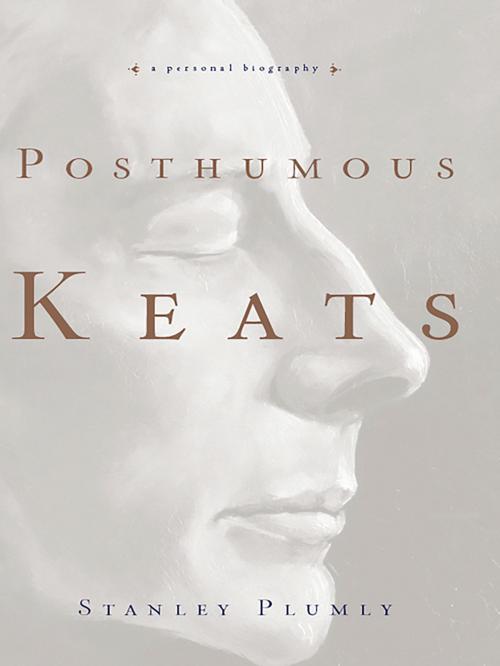| Author: | Stanley Plumly | ISBN: | 9780393076004 |
| Publisher: | W. W. Norton & Company | Publication: | May 17, 2008 |
| Imprint: | W. W. Norton & Company | Language: | English |
| Author: | Stanley Plumly |
| ISBN: | 9780393076004 |
| Publisher: | W. W. Norton & Company |
| Publication: | May 17, 2008 |
| Imprint: | W. W. Norton & Company |
| Language: | English |
An acclaimed American poet reflects on the life and legacy of John Keats.
Posthumous Keats is the result of Stanley Plumly's twenty years of reflection on the enduring afterlife of one of England's greatest Romanticists. John Keats's famous epitaph—"Here lies One Whose Name was writ in Water"—helped cement his reputation as the archetype of the genius cut off before his time. Keats, dead of tuberculosis at twenty-five, saw his mortality as fatal to his poetry, and therein, Plumly argues, lies his tragedy: Keats thought he had failed in his mission "to be among the English poets."In this close narrative study, Plumly meditates on the chances for poetic immortality—an idea that finds its purest expression in Keats, whose poetic influence remains immense. Incisive in its observations and beautifully written, Posthumous Keats is an ode to an unsuspecting young poet—a man who, against the odds of his culture and critics, managed to achieve the unthinkable: the elevation of the lyric poem to sublime and tragic status.
An acclaimed American poet reflects on the life and legacy of John Keats.
Posthumous Keats is the result of Stanley Plumly's twenty years of reflection on the enduring afterlife of one of England's greatest Romanticists. John Keats's famous epitaph—"Here lies One Whose Name was writ in Water"—helped cement his reputation as the archetype of the genius cut off before his time. Keats, dead of tuberculosis at twenty-five, saw his mortality as fatal to his poetry, and therein, Plumly argues, lies his tragedy: Keats thought he had failed in his mission "to be among the English poets."In this close narrative study, Plumly meditates on the chances for poetic immortality—an idea that finds its purest expression in Keats, whose poetic influence remains immense. Incisive in its observations and beautifully written, Posthumous Keats is an ode to an unsuspecting young poet—a man who, against the odds of his culture and critics, managed to achieve the unthinkable: the elevation of the lyric poem to sublime and tragic status.















